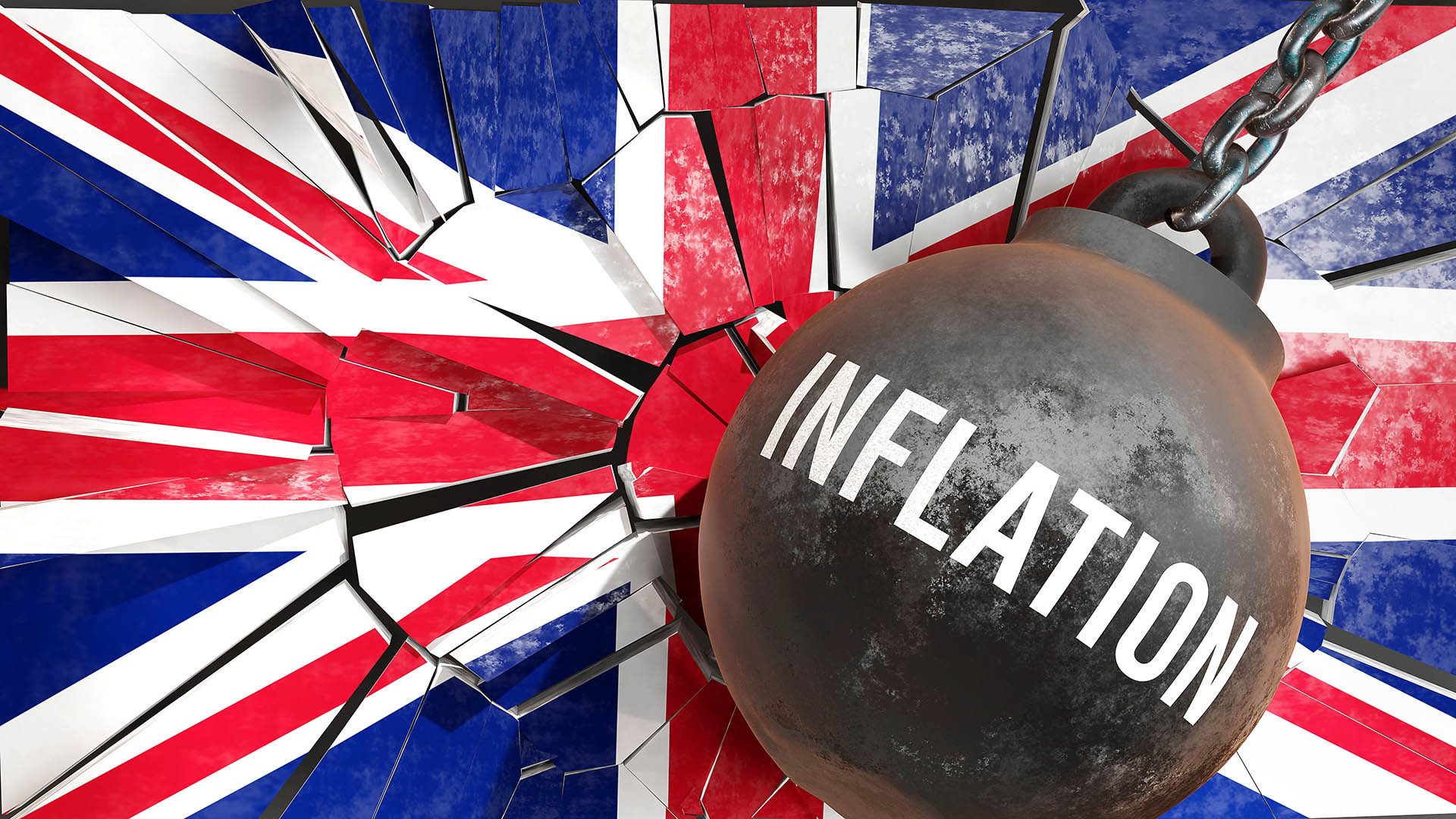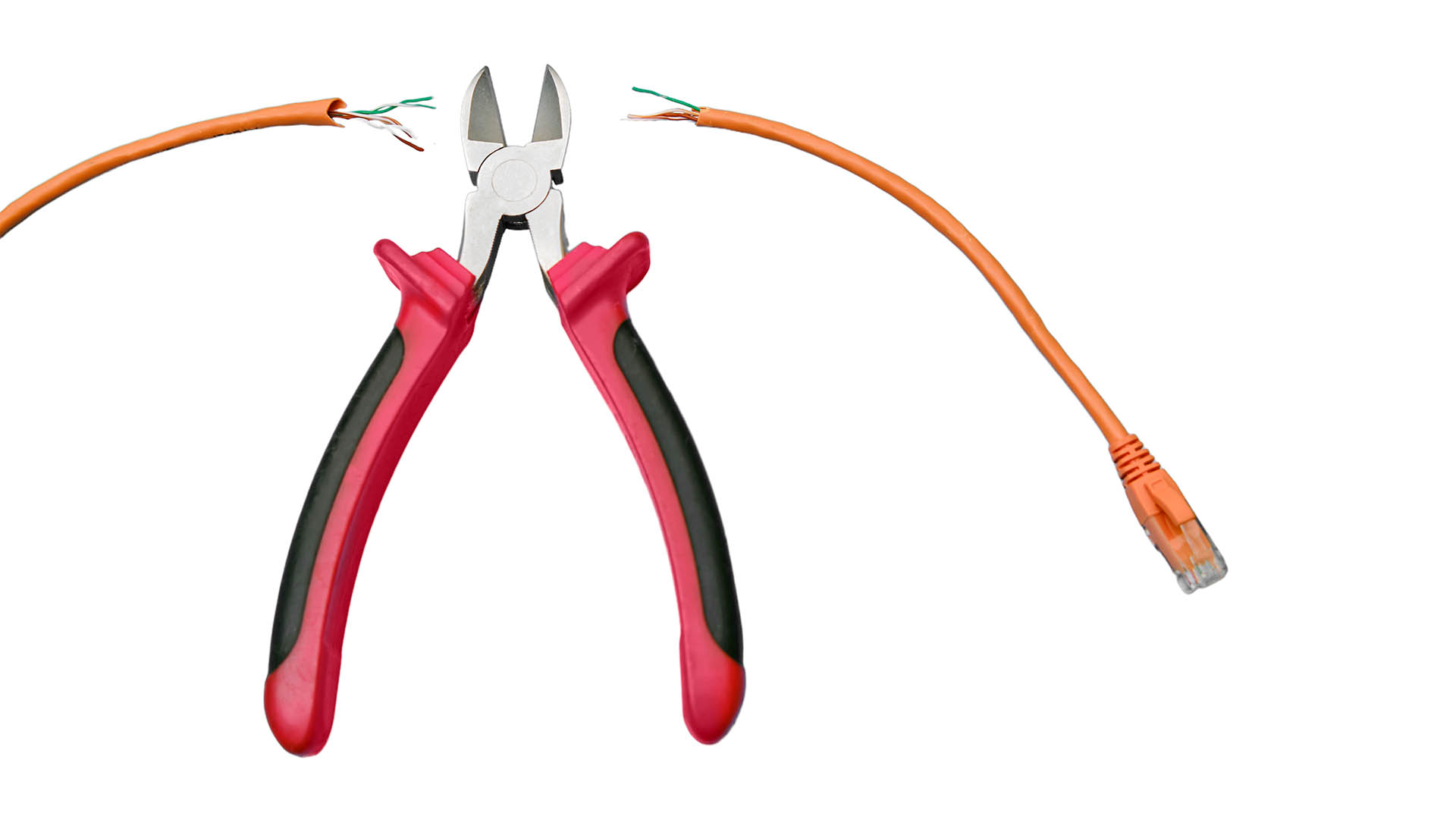The European Commission has fined Teva Pharmaceuticals €462.6m (US$503m) for abusing its dominant market position by blocking competition to its multiple sclerosis drug, Copaxone. This case is the largest antitrust fine imposed on a pharmaceutical company in recent years, surpassing a €288m fine against Servier in 2014. According to the commission, Teva misused the patent system to artificially extend the exclusivity of Copaxone in several European markets by filing a “web of divisional patents” related to manufacturing and dosing processes, with patents filed in a staggered way to block generic competitors from entering the market.
Teva Pharmaceuticals, founded in 1901 and headquartered in Tel Aviv, Israel, is regarded as the largest generic drug manufacturer in the world. Copaxone is the company's flagship drug.
In addition to patent manipulation, the commission found that Teva conducted a “disparagement campaign” against Synthon, the only other company with an approved competing drug in Europe that contained Copaxone’s active ingredient, glatiramer acetate. Teva “spread information contradicted by health authorities’ findings, seeking to sow doubt on the safety, efficacy, and therapeutic equivalence of the rival product,” stated the commission, noting that this campaign involved targeting doctors and drug-pricing authorities.
Margrethe Vestager, the European Commission’s head of competition policy, commented: “With today’s decision, the Commission contributes to keeping drugs affordable, preserving choice of treatment, and fostering innovation, to the benefit of EU patients and national healthcare systems.”
Teva expressed disappointment with the ruling and intends to appeal, describing the decision as “based on legal theories… that are extreme, untested, and factually unsupported.” In a statement, Teva emphasised that it has been “a strong partner to Europe, its patients, economy, and healthcare systems” since 1996.
This is not Teva’s first encounter with European antitrust actions; it was previously fined €60.5 million in 2020 for a similar "pay-for-delay" scheme involving its sleep disorder drug, Provigil.














